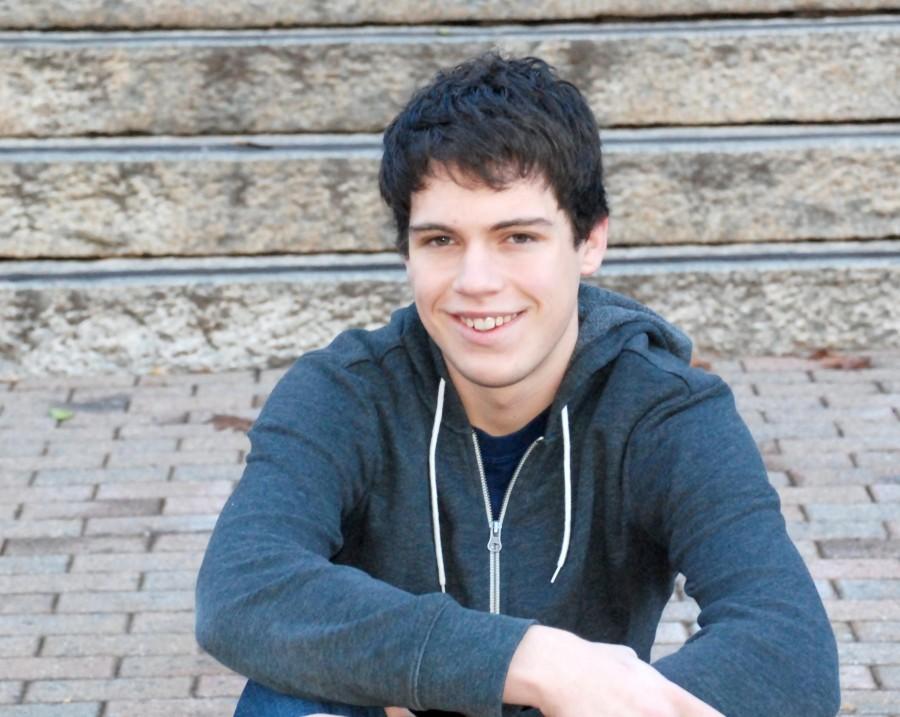Earlier this month I sent in a letter resigning my membership to the Church of Jesus Christ of Latter-day Saints (Mormon).
This happened with the realization that I needed to do a bit more soul-searching. Last semester, I began attending the QLSP Friday worship and just recently joined the Men’s spirituality group.
It was because of all this, that I was excited for Religious Emphasis Week this year. I was hoping to hear a heart-felt discussion of religious values and concerns and was not disappointed.
I was deeply struck by the honesty and sincerity of those who joined in the discussions held on campus throughout the week.
“If you came tonight for answers, you’re not going to get them,” said Rev. Dr. Lindon Eaves, an Episcopal priest and geneticist. This statement described what the week was about.
The purpose of Religious Emphasis Week — and religion in general — is not necessarily to be able to say you found the answers to the difficult questions but to search for them. That is why the activities put on by the Guilford Council of Religious Organizations were discussion-based.
Eaves’ role as a scientist and a priest, seemingly contradictory, was eye-opening. During Eaves’ enlightening lecture, “Spirituality, Cosmology, and Anthropology,” he spoke of how both science and religion claim to have a certainty that reality doesn’t necessarily support, drawing a comparison between what many consider to be polar opposites.
“The majority of religion is finding the language of awe,” he said.
The discussions during these events gave me hope.
I found comfort for my newly sparked spiritual journey in the panel “Faith after Four Years at Guilford.” Thanks to the absence of a large audience, we were able to sit in a circle and discuss informally.
At the panel, seniors discussed their religious experience at Guilford, both good and bad. They talked of when they felt the same discouragement and lack of faith that I have felt recently and how they were changed and strengthened by it.
The lack of an audience made me realize the inaction of large portions of the Guilford community in taking advantage of these activities designed to help college students. I understand that in college sometimes mentioning “God” is taboo, however, that makes the dialogue all the more needed.
These discussions and activities were made for the students, and without their participation, they cannot be successful. If you consider yourself religious, spiritual, or don’t know or don’t care, you have a voice that needs to be heard. And maybe you’ll learn something about yourself in the process. I did.

